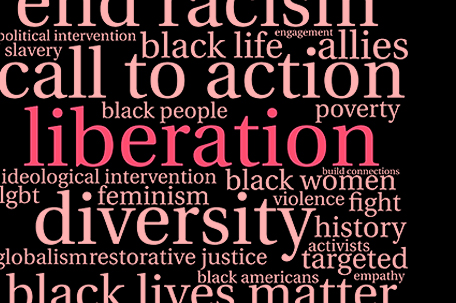

Linda Wallace
By Linda Wallace
Dear Cultural Coach:
You write often about the need for good communication skills. How do you handle a college-educated friend who has never learned how to communicate effectively? He is racist and sexist; given the weekend’s events in Charlottesville, Va., I want to have more productive conversations with him, but I am tired of acting like the political correctness police. How do you deal with an educated person who thinks everyone else is the problem?
Dear Reader:
Some people believe they have all the wisdom required for a successful life. Some of them have college degrees, and others don’t. Of course, a truly educated person is one who recognizes the need for lifelong learning.
Many of the skills I rely on the most are self-taught — using and fixing my laptop computer, cultural communication and citizenship support skills such as acceptance and forgiveness. That is a positive reflection on the teachers who taught me how to learn and how to distinguish fact from fiction.
It is a tall order to help a friend who is racist, although it is not impossible. I have met a number of people over the years who said racism was ingrained in them, but they managed still to break free. In many cases, the change occurred because a respected friend or family member continuously raised questions that challenged their beliefs My coaching team offers a few techniques that may help:
When your friend makes an outrageous statement, don’t remain silent or let it go. Use an affirmative reaction policy by testing one or more of the following comments: “When you use words that hurt others, it is harder for me to listen to you.” Or, “Sometimes you use hurtful words that make it difficult for me to be around you and to understand your concerns. I want to find common ground so we can learn from each other, but first, we need to set communication boundaries.”
Share your communication mishaps with your friend and discuss the lessons learned. After a while, ask your friend to share his communication mishaps with you so both of you can learn and grow together.
Provide spontaneous coaching during casual conversations with your friend. The most effective sharing occurs when stress levels and tensions are low, and people feel comfortable. However, many of us try coaching only after others’ behaviors create a backlash. This is the time we are less likely to be effective.
Look for opportunities to point out statements by your friend that inspire respect or admiration. Your email indicates that you have been trying to point out your friend’s mistakes. Seize those moments when he says things that inspire respect or offer clarity. Let him know when he is communicating effectively.
While serving as a coach, never lash out at your friend, and avoid getting personal. Focus on his behavior rather than on character defects or his personality. Instead of calling him a bigot or bully, why not say, “It is my job to support you so your views can be heard by the widest and most diverse audiences.”
To achieve this goal, you will need positive reinforcement and phrases such as “You phrased that in a manner that encouraged me to reflect upon my position.” And “Your comment allowed me to consider your views without making me feel disrespected.”
One word of caution: Don’t expect any immediate changes in your friend’s behavior. Behaviors are often hard to change. That doesn’t mean you can’t take a firm stand.
Shock jocks often use offensive language to boost ratings. When we support this rudeness, we invite hatred into our lives. If we respond with our hearts, we are standing up for the greater good.

















Leave a Comment